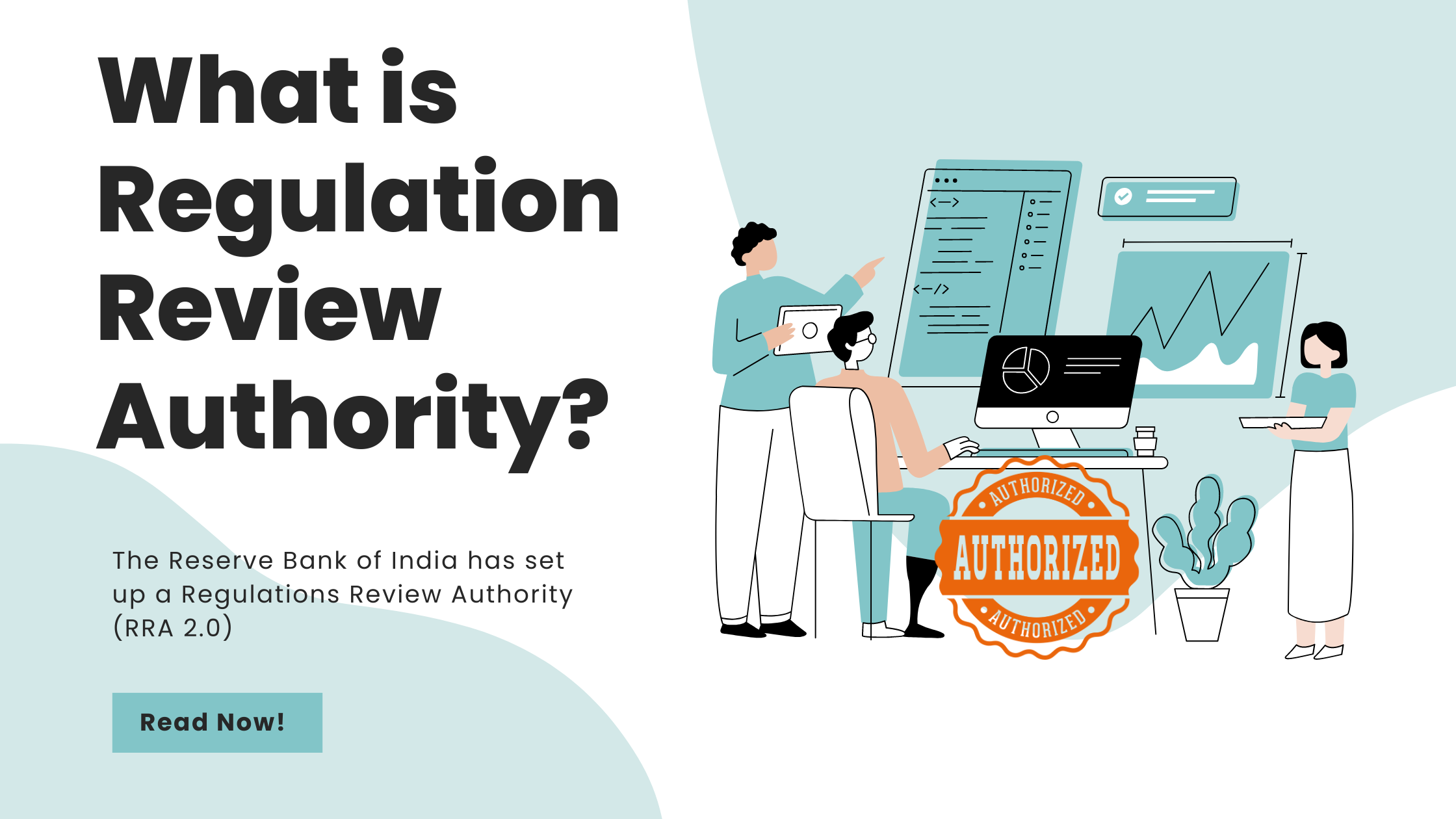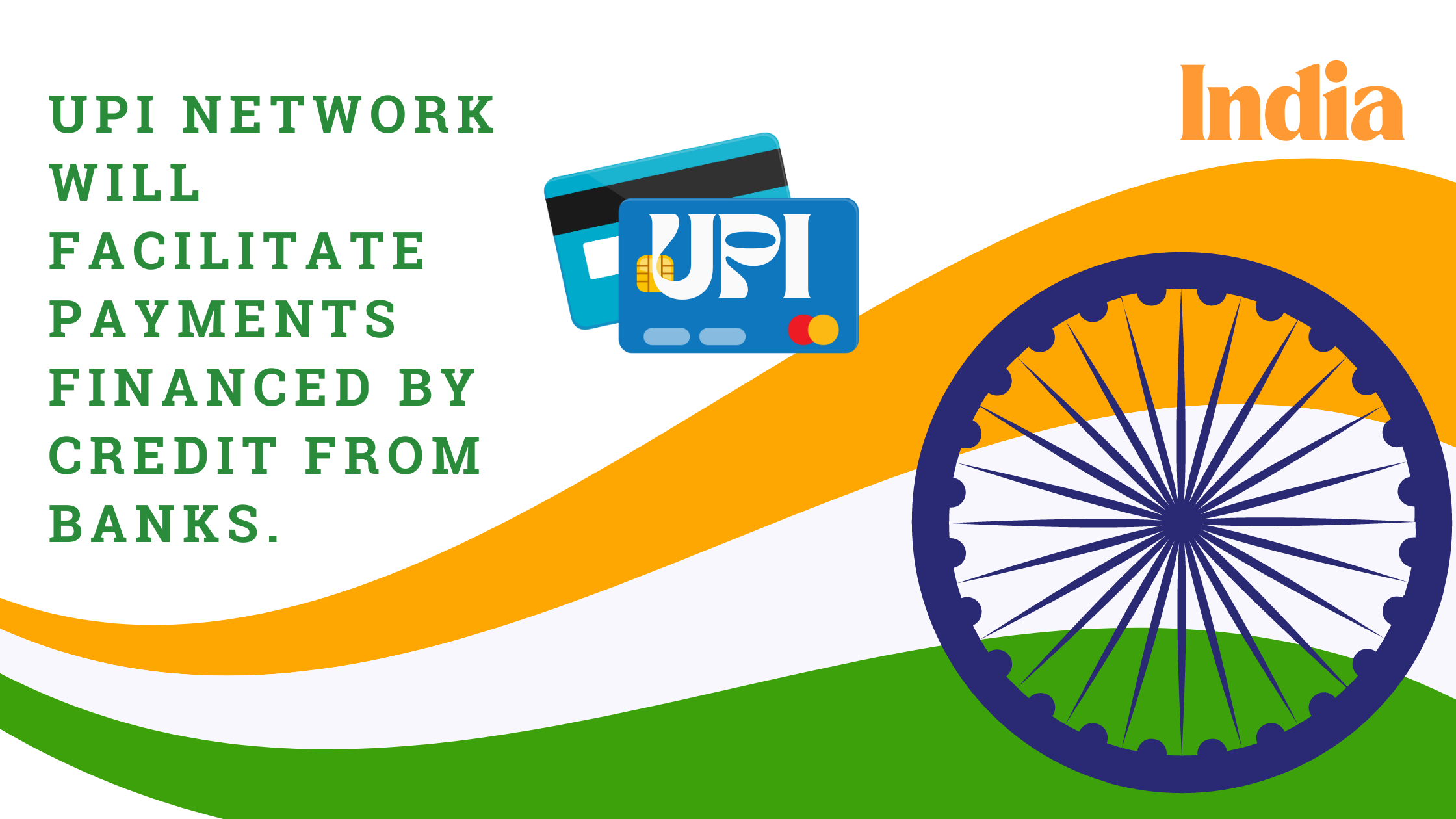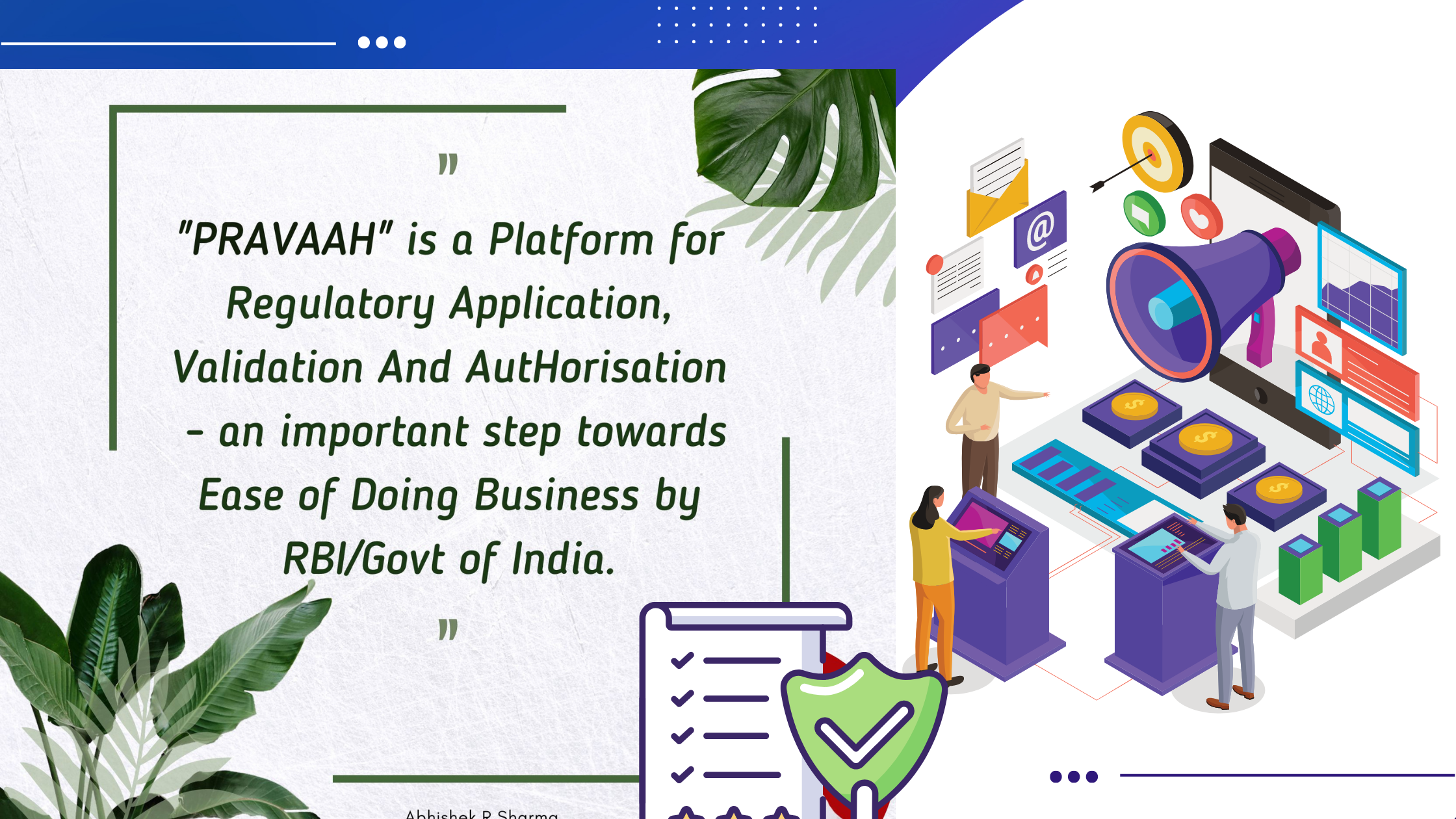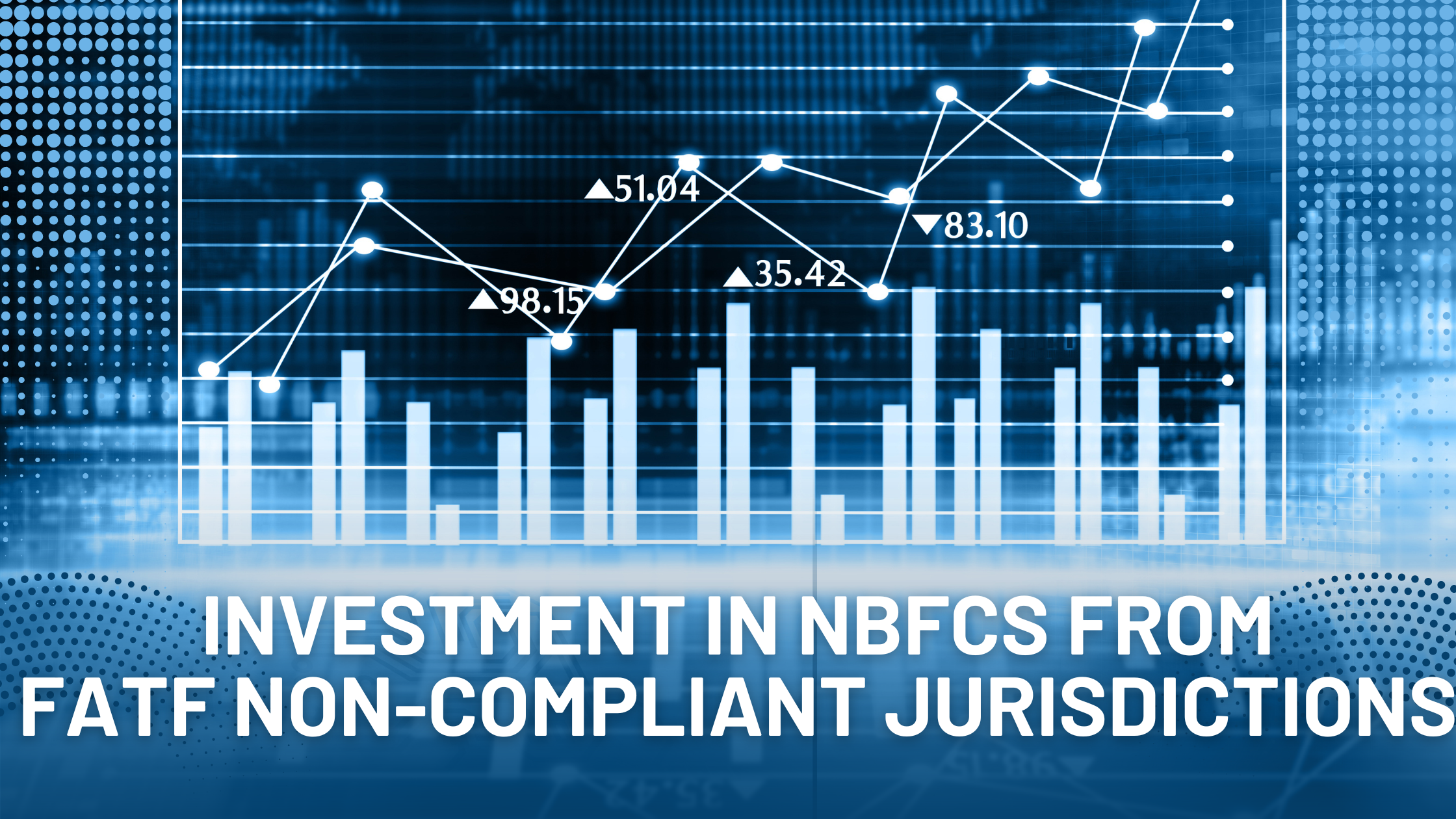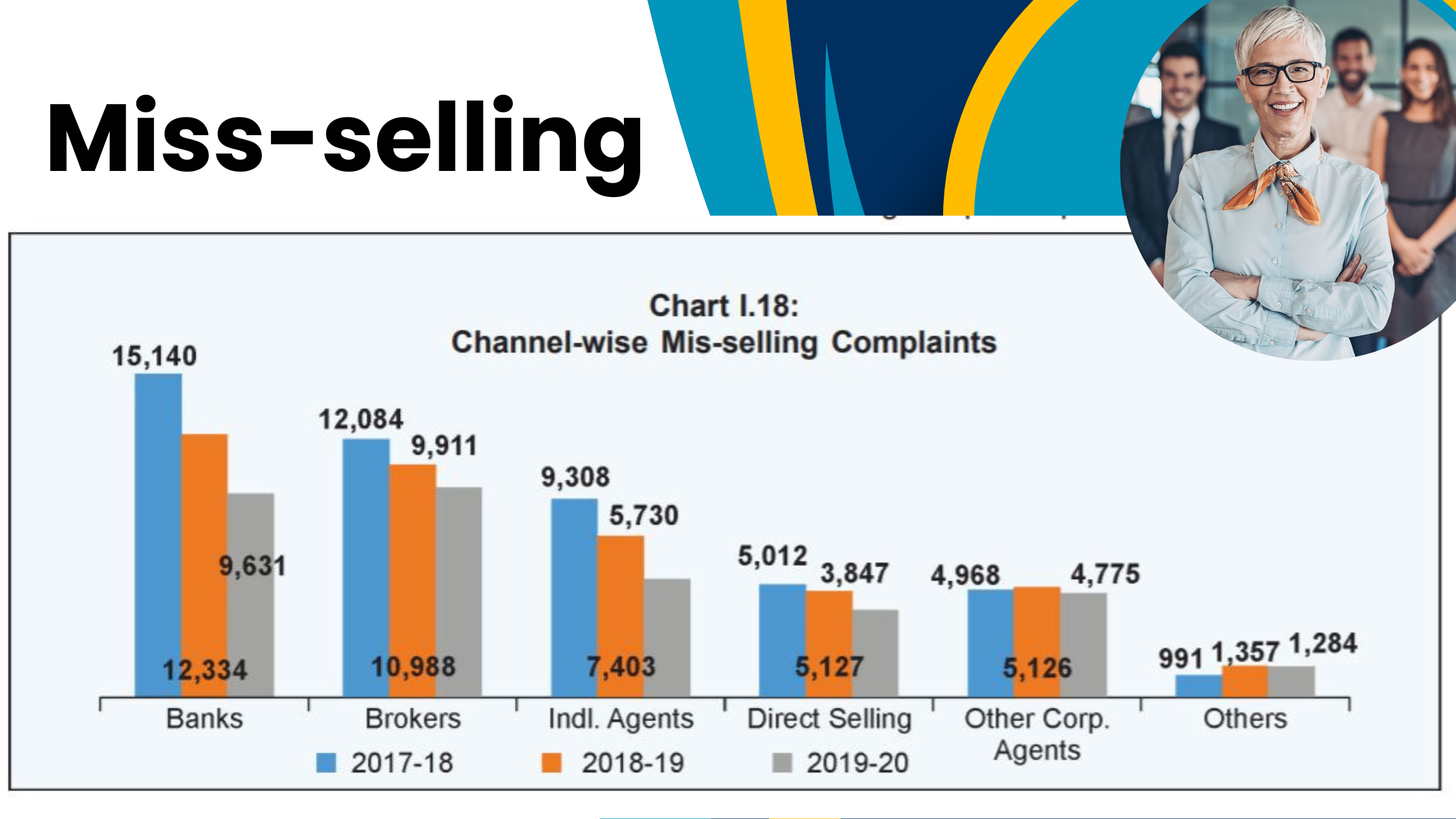What is regulation review authority?
The Reserve Bank of India has set up a Regulations Review Authority (RRA 2.0) with the objective to reduce the compliance burden on Regulated Entities (REs) – such as Banks, NBCFs, etc.
Initial Recommendations?
RRA had recommended the withdrawal of 150 circulars in the first tranche of recommendations in the year 2021.
Subsequent Recommendations?
– In continuation of the exercise, RRA has now recommended the withdrawal of additional 100 circulars in the second tranche of recommendations.
– Further, on the suggestions of an internal group, the RRA has recommended the elimination of paper-based returns and
– has identified 65 regulatory returns which would either be discontinued/ merged with other returns or would be converted into online returns.
– The RRA has also recommended the creation of a separate web page “Regulatory Reporting” on the RBI website to consolidate information relating to regulatory reporting and return submission by the regulated entities at a single source.
Impact of the RRA and its recommendations?
These recommendations are expected to ease regulatory compliance for regulated entities (such as Banks, NBFCs, etc.) while improving the accuracy, speed, and quality of data submission. #easeofdoingbusiness
What’s ahead?
Regulated entities would be notified of the discontinuation/ merger and online filing of returns, separately. The notification containing the list of specific instructions recommended for withdrawal is also being issued separately by the RBI.
#eodb #easeofdoingbusiness #compliance #regulations #complianceofficer #compliancemanagement #compliancerisk #complianceprofessionals #banks #easeofuse

